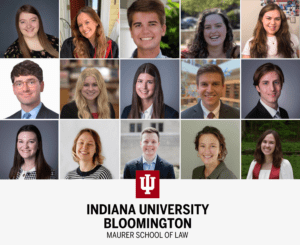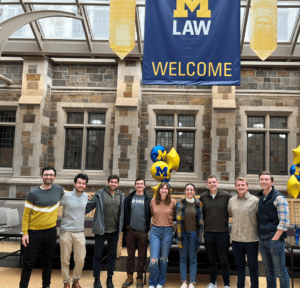With the Senate set to return from the January recess next week, the White House announced the next slate of judicial nominees. The new slate included four Article III nominees: Michael Delaney (1st Cir.), Judge Amanda Brailsford (D. Idaho), Magistrate Judge Jeffrey Cummings (N.D. Ill.), and Judge LaShonda Hunt (N.D. Ill.). If confirmed, Brailsford would be the first woman to ever serve as a district court judge for the U.S. District Court for the District of Idaho.
When the Senate returns next week, the Senate Judiciary Committee is set to resume advancing judicial nominees. On Wednesday, the Committee has noticed a hearing. As of January 19, the nominees who will appear at this hearing are not public, but it is likely that several judicial nominees will appear. It is also likely that the Committee will hold an executive business meeting on Thursday.
Judge Karen Schrier (D.S.D.) has announced her intention to take senior status at a later date. This is the second vacancy on the U.S. District Court for the District of South Dakota.
As of January 19, there are 112 Article III vacancies, 85 of which are current. There are 28 pending nominees: 0 waiting for floor votes, 25 waiting to be reported out of the Senate Judiciary Committee, and 3 waiting for hearings before the Committee. To date, 97 Article III judges have been confirmed during the Biden-Harris Administration.

 The Indiana University Maurer School of Law Chapter of ACS is honored to be recognized as Student Chapter of the Week!
The Indiana University Maurer School of Law Chapter of ACS is honored to be recognized as Student Chapter of the Week! The Michigan Law Chapter of ACS is excited to be recognized as Student Chapter of the Week!
The Michigan Law Chapter of ACS is excited to be recognized as Student Chapter of the Week!